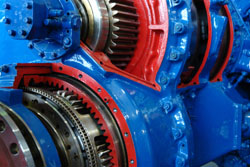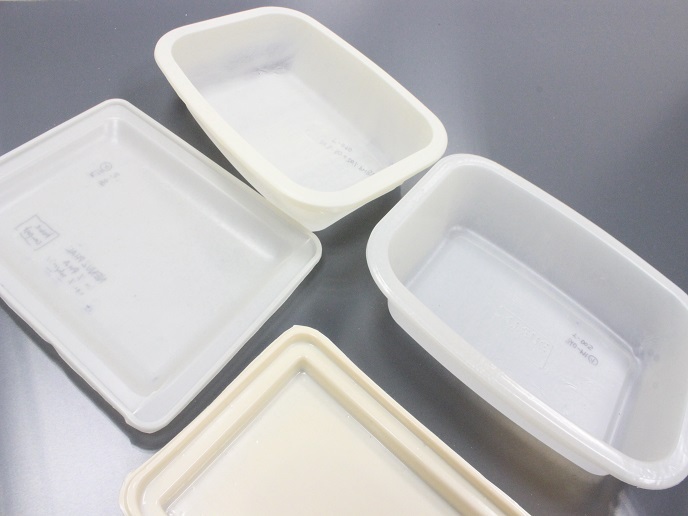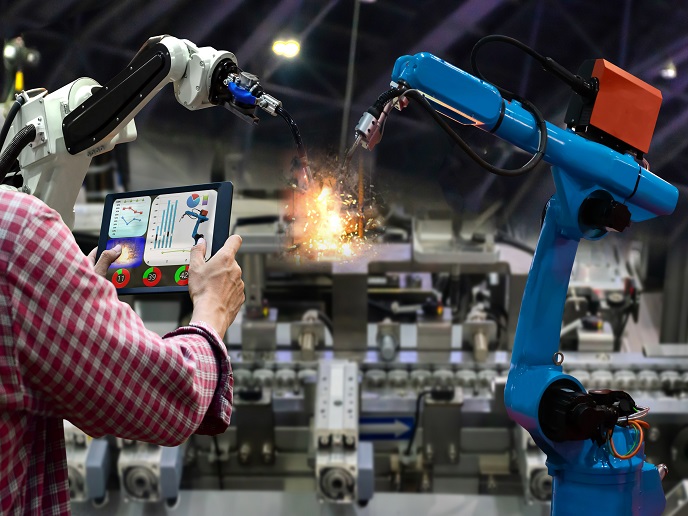Eco-engine systems for ships
References to reduction of exhaust and pollutant emissions generally bring to mind cars, trucks and even aeroplanes. One contributor to emissions that is rarely mentioned is the shipping industry. Large and often-ageing ships benefit from greener technologies with sustainable shipping and increased engine life-cycle leading to major cost reductions. The ‘High efficiency engine R&D on combustion with ultra low emissions for ships’ (Hercules) project was initiated by European researchers to develop advanced technologies for marine vessels. The goals were to significantly reduce gaseous and particulate emissions while increasing engine efficiency and reliability. The consortium consisted of manufacturers and suppliers, academic and research institutions and world-class shipping companies commanding 80 % of the world marine engine market and thus possessing best available technology. Comprehensive and collaborative research was conducted regarding combustion processes under extreme conditions. Scientists evaluated and tested engine materials and components for operation under extreme conditions. They developed thermo-fluid-dynamics models to simulate combustion processes and emission formation, and performed experiments related to the same concepts. They also studied and developed concepts for increasing engine efficiency. Several different emission measures were developed. Emission-reduction techniques were studied resulting in development of prototype systems to reduce emissions either during combustion or as a result of after-treatment. ‘Smart’ materials that respond to changes in their local environment have led the way to numerous technological advances in many fields. The Hercules consortium developed new designs for a variety of engine components using smart materials to reduce engine friction and thus increase efficiency and life-cycle time. Scientists also investigated adaptive engine control for computerised optimisation of function according to prevailing conditions. They developed and conducted onboard tests of a self-learning system to provide various schemes for goal-oriented engine performance. The Hercules project made a tremendous amount of progress in developing technology to increase marine engine efficiency, reduce emissions and enhance lifetime of components. Innovations resulted in over 30 patent applications. Full-scale shipboard testing provided a window on the next generation of marine vessel engines.







